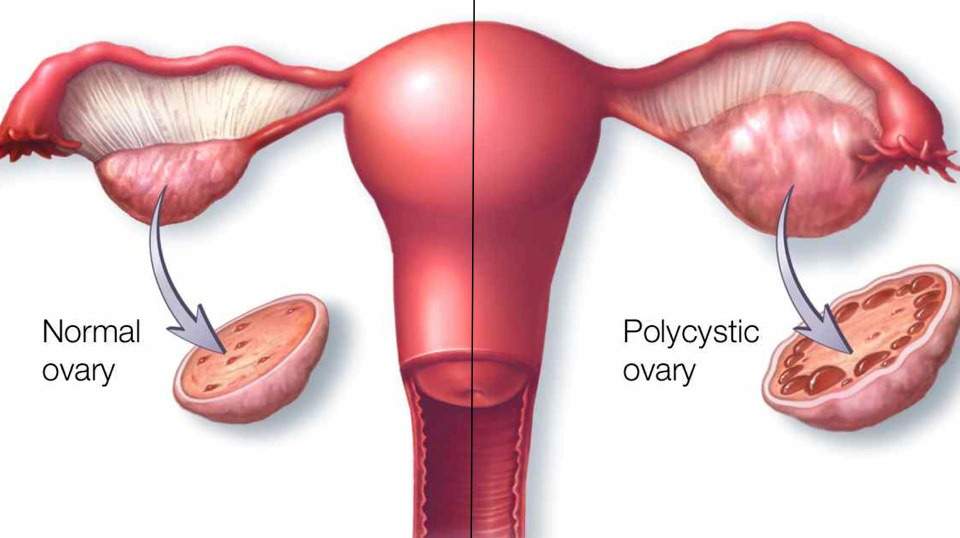What is PCOD (Polycystic Ovary Disorder)?
Polycystic ovaries are generally larger in size and denser than the normal ovaries. It usually occurs when the sex hormones go out of balance and your body starts producing more male hormones thus resulting in facial hair and acne. PCOD is one of the most common reasons for infertility.
PCOD can cause problems with a women’s menstrual cycle, fertility, cardiac function and appearance. Women who have polycystic ovary have multiple small cysts in their ovaries that occur when the regular changes of a normal menstrual cycle are disrupted.

Symptoms of PCOD
- Irregular menstrual cycle
- Abnormal hair growth or loss
- Hormonal imbalance
- Dark skin patches on the neck and arms
- Insulin resistance
- Acne or oily skin
- Excess hair on the face, chest, stomach, thumbs, or toes
- Decrease in breast size
- Deeper voice
- Thin hair
- Acne
- Weight gain
- Pelvic pain
Causes
High insulin levels – When you have a high level of insulin, it affects the ovaries by increasing the production of androgen that might interfere with the ovaries’ ability to ovulate.
Hereditary – If your mother or sister have a history of PCOD, then chances are you too might get diagnosed with this health issue.
Low-grade inflammation – When women have low-grade inflammation, it stimulates ovaries to produce androgens thus leading to PCOD.
Chances of pregnancy in PCOD
Women who have been afflicted by PCOD are quite likely to have high-risk pregnancies hence they need meticulous monitoring and utmost discretion. Miscarriage, premature delivery and gestational diabetes are some of the complication which women can face.
PCOD Treatments
- Healthy diet and Exercise
- Birth-control pills
- Anti-Androgen Drugs.
- Fertility Drugs.
- Surgery
Complications
Increased risk of endometrial cancer
Infertility (early treatment of polycystic ovary disease can help prevent infertility or increase the chance of having a healthy pregnancy)
Obesity-related (BMI over 30 and waist circumference greater than 35) conditions, such as high blood pressure, heart problems, and diabetes
Possible increased risk of breast cancer

No products were found matching your selection.
